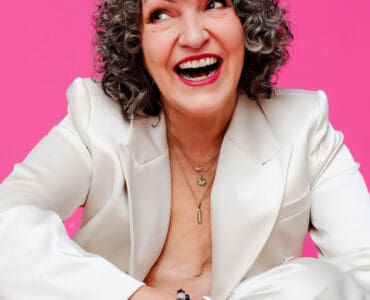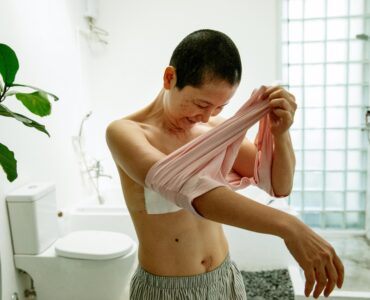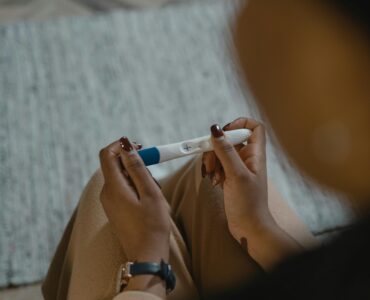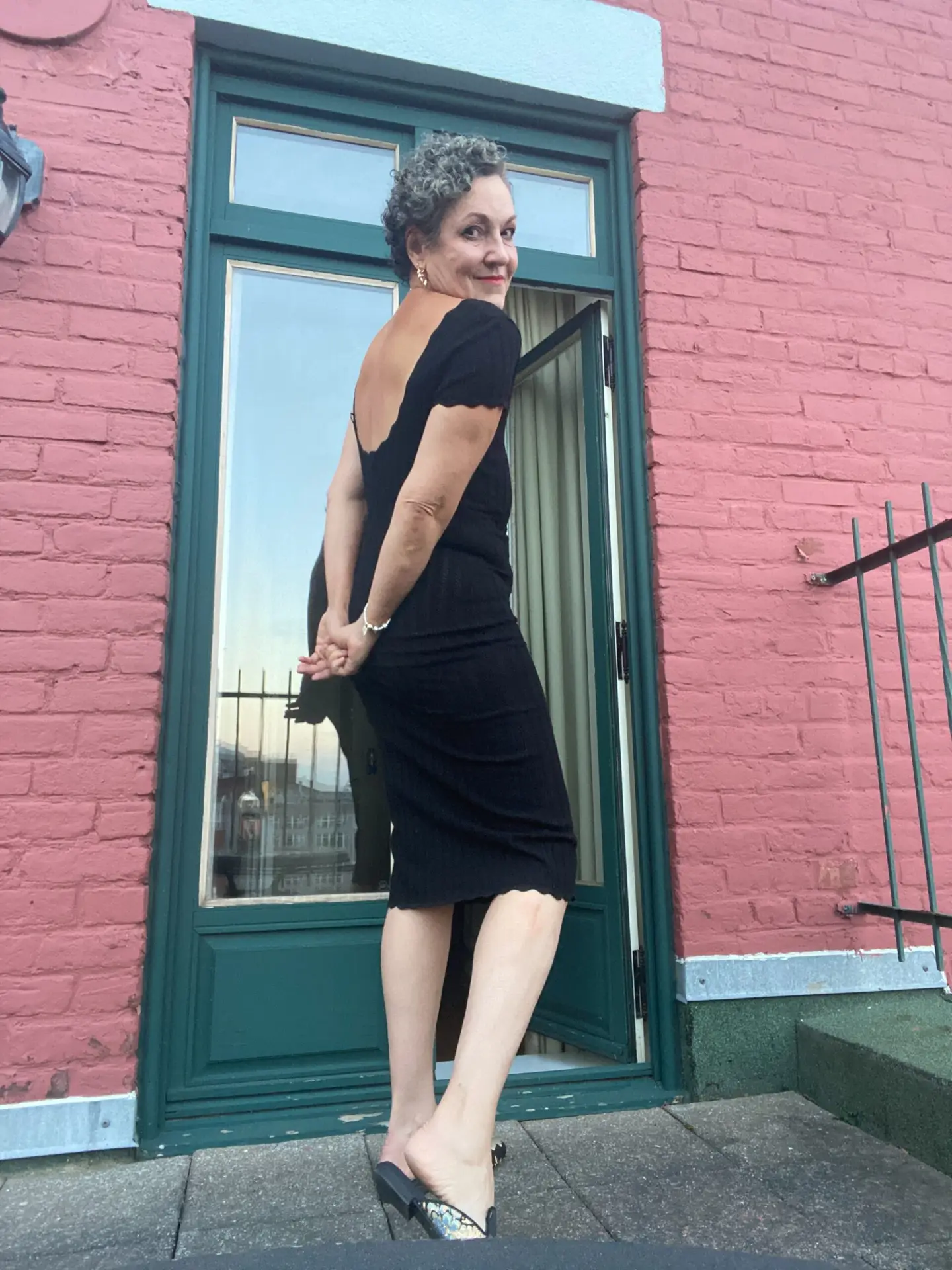A dear friend has just shared the news of their breast cancer diagnosis. Your heart aches and your mind swirls as you grapple with this sudden reality. As their confidante and supporter, you may find yourself wondering, “What next? And, how can I help?”
Firstly, providing a listening ear is invaluable. She is likely in shock, bewildered and frightened beyond belief. Within the breast cancer community we all understand, the first few weeks after hearing of a diagnosis is absolute hell. Our minds rush to the worst case scenario. We have no plan. We’re suddenly a patient and our life and body is out of control.
I found expressing my fears and uncertainties cathartic. Your friend may want to talk it out or vent without fear of judgment or advice. Their experience and emotions are valid and rightly belong to them. They just need someone to sit with them. Hold their hand. Make them a cup of tea. Let them cry. Steer clear of assumptive statements or comparisons with others’ experiences. During my journey, I experienced an array of emotions: fear, anger, and grief. Friends who acknowledged my feelings without rushing to cheer me up or center themselves were precious. My advice is to let your friend experience their emotions without attempting to fix them; empathy and patience are crucial. Believe me, sharing that your beloved aunt passed away from breast cancer is NOT helpful.
Encourage your friend to connect with other people going through a similar experience, whether through a conversation with a fellow friend and a survivor, local support groups or online communities. Hearing positive stories from others on the same journey was enlightening for me; it offered a sense of camaraderie different from the support of my family and friends. Some of the most useful advice I received came from others who had experienced breast cancer. One word of caution regarding online communities. You have to choose carefully. Some online groups are joyous, but there are a number where one can fall into the trap of collective trauma. Even today I find some of these groups troubling and upsetting.
Practical help can make a significant difference. Don’t ask them what they need. Just offer to accompany them to appointments, assist in organizing medication schedules or even help with routine tasks like grocery shopping, cooking, or childcare. I remember hugging the friends who cooked meals and sent thoughtful, funny cards–they provided comfort when I needed it most. And don’t forget that your friend’s family is also reeling and experiencing trauma. I greatly appreciated when a friend would stop and ask my husband how he was faring and holding up.
Remember, your friend is more than a cancer patient. They’re someone who enjoys hobbies and interests, someone who laughs, dreams, and has achievements beyond their cancer diagnosis. I cherished those moments when friends reminded me of that. Sure a good cry is cathartic, but so is silly laughter. My girlfriend was a great companion through my diagnosis, surgery and treatment. I remember one afternoon when we both tried on my wigs and fell into fits of giggles.
Supporting a friend who is dealing with a diagnosis isn’t easy. You’ll make missteps, and that’s okay. You’re figuring it out too. Once, a friend unintentionally blurted out a platitude that frustrated me. She sensed it and promptly apologized. We laugh over it now, but I appreciated her sincerity and teachability immensely.
Lastly, take care of yourself too. Supporting a friend through a diagnosis can feel like walking a tightrope. It’s natural to feel overwhelmed. So while your friend’s welfare is paramount, your self-care isn’t negligible. An emotionally filled-up and healthy you can offer more authentic and sustainable support.
In my book “Flat Please”, I recount my experience navigating breast cancer, where my friends and family’s support made an immeasurable difference. Regardless of how you choose to provide support, remember it’s the kindness, patience, and honesty that speak loudest. Your unwavering friendship will illuminate even the most challenging days.
PS: If you can avoid the phrase “You Got This,” the entire cancer community would appreciate it. It puts a tremendous amount of pressure on us to behave as if nothing is wrong. In reality, we don’t “got this.” We are barely holding it together.




